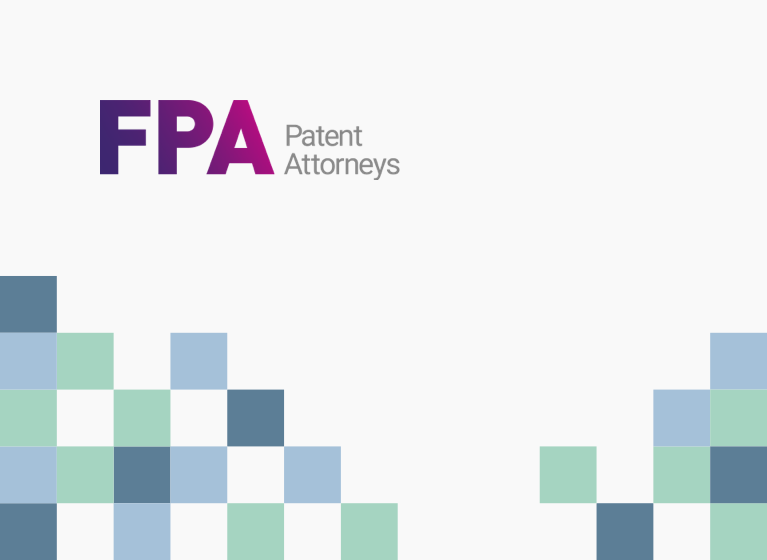Since 2018, the Intellectual Property Office of Singapore (IPOS) has provided two fast track programs for patent applications of inventions in financial technology (Fintech) and artificial intelligence (AI). Those programs, which provide applicants of such applications with an accelerated prosecution timeline to grant, can be used as part of a strategy to obtain speedy grant of patents in jurisdictions where expedited handling is available. The popularity of these IPOS programs has led to their being merged into a new program and expanded to cover patent applications in all fields of technology. The new program is to be piloted for two years, with a cap of 5 expedited requests under the program per month.
Background
The popularity of patent fast track programs in specific technology areas, available before IPOS since 2018, has led to the introduction of a new fast track program for inventions in all fields of technology. The fast track programs originally introduced were for inventions in the fields of Fintech and and AI, as detailed in the author’s previous articles.
In addition, it seems that the need to protect inventions conceived out of urgency during the Covid-19 pandemic may also have been a driver for the introduction of the new fast track program. Given the slowdowns in the global economy during the Covid-19 pandemic, alleviating concerns in relation to delays in obtaining patent protection for critical inventions to address the Covid-19 pandemic is likely to be very welcome to innovators at this time.
IPOS launched the SG Patent Fast Track Program (SFTP) on 4 May 2020, with the aim of enabling a faster-to-grant process for all inventions that are first-filed in Singapore. The project is slated for a two-year tenure, with a cap of 5 expedited requests under the SFTP per month. Whilst the cap of 5 requests appears to be a small number, it would appear that IPOS is managing the SFTP with a view of not substantially disrupting the workflows for their patent examination department.
This initiative may be seen as part of the long-term effort to position Singapore as an IP hub. The launch of the SFTP even while Singapore was constrained by restrictions to most commercial activities due to the Covid-19 pandemic appears to clearly demonstrate the commitment of IPOS to progress important IP initiatives regardless of impediments.
How does the SFTP operate?
The SFTP will run from 4 May 2020 to 29 April 2022 (although it may of course be extended). Participation can potentially lead to the grant of a Singapore patent within 6 months from the filing date. Selecting the SFTP option does not require payment of any additional official fees at IPOS. However, the following requirements will need to be met:
- the application must have been first-filed in Singapore;
- a request for combined search-and-examination will need to be submitted on the date of filing;
- the application will be limited to 20 claims;
- the SFTP request must be accompanied by a statement detailing the reason(s) for requesting accelerated prosecution and identifying the technological field of the invention;
- SFTP requests are capped at 5 per calendar month, and cannot exceed 10 in a calendar year per applicant; and
- the applicant will accept shorter-than-normal timelines when responding to correspondence from IPOS.
How can patent applicants reap the benefits of the SFTP?
Patent applicants from anywhere in the world can utilize the SFTP for their highest priority inventions (given the caps on SFTP requests), as long as they take the requisite steps to ensure that the laws in their respective countries are not contravened when first-filing their patent application(s) in Singapore. For example, applicants from certain countries should obtain foreign filing licenses in order to be able to first-file their patents in Singapore. Given the multitude of innovation-centric programs provided by the Singapore government, as detailed in the author’s previous article, companies may view the SFTP as another reason to increase their R&D capability and investment in Singapore. In some situations this could include providing job secondments to ensure that the invention is conceived at their Singaporean premises, so to avoid a need to obtain foreign filing licenses (where residence is a factor).
How does the SFTP assist in providing a competitive advantage?
The accelerated period of as little as 6 months to obtain a granted patent compares very favourably to other jurisdictions. In addition, IPOS is part of the Global Patent Prosecution Highway (GPPH) network, and also participates in Patent Prosecution Highway initiatives (PPH) with Europe, China and Mexico. Consequently, use of the GPPH or PPH initiatives based on the expedited grant of the Singapore patent could also lead to expedited grant of patents in other countries.
Many inventions conceived as part of the response to the Covid-19 pandemic are in a race to reach the market to meet needs that may save lives, in a variety of technology areas. In such cases, an expedited grant may be critical to securing funding in the current challenging global economic environment.
In addition, from an IP asset perspective, expedited grant of patents in a portfolio may assist a business exit strategy, as it can lead to an increase in the value of the patent portfolio to the proprietor. From a legal perspective, the options available to the patentee will also increase, particularly in relation to enforcement and licensing opportunities, including when combined with a divisional/continuation filing strategy.
Conclusion
IPOS’ announcement of the SFTP during the Covid-19 pandemic demonstrates an unwavering commitment to a long-term IP-centric strategy, and provides an exciting and positive response to the present circumstances brought by the pandemic. Advantageously, the SFTP appears to offer a substantial upside for applicants, minimizing delays in obtaining their patent rights and hence reducing uncertainty for patent applicants. This applies regardless of whether they are start-ups or multinational corporations, with the expedited grant procedure providing clear benefits to applicants not only within Singapore, but also potentially in other countries.



